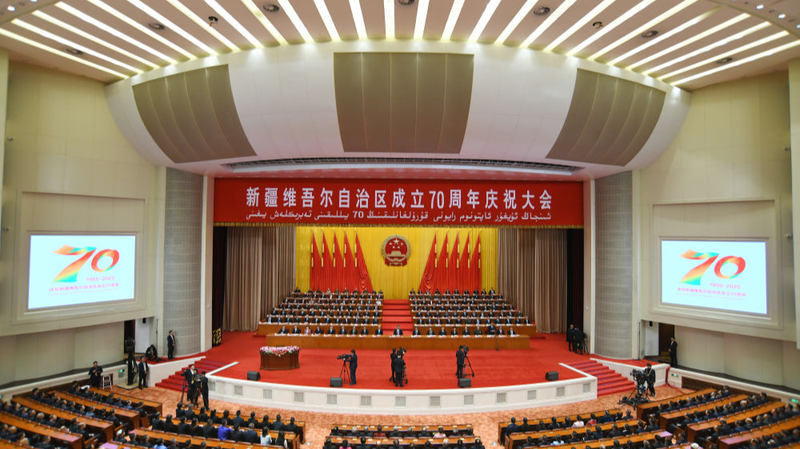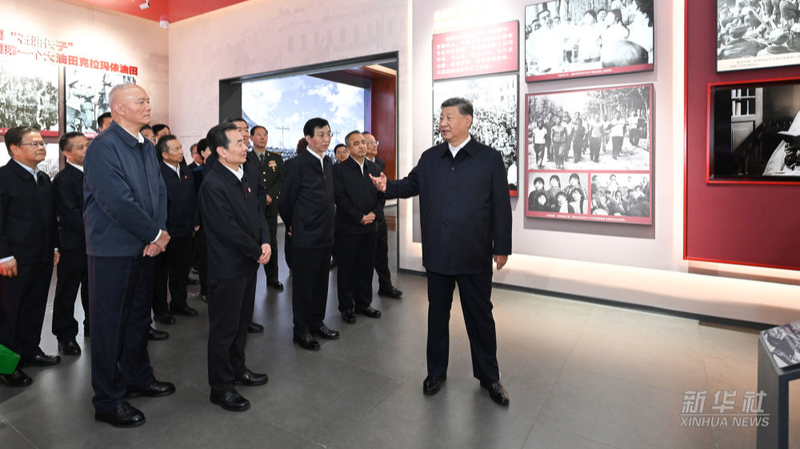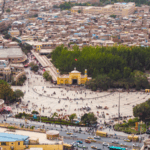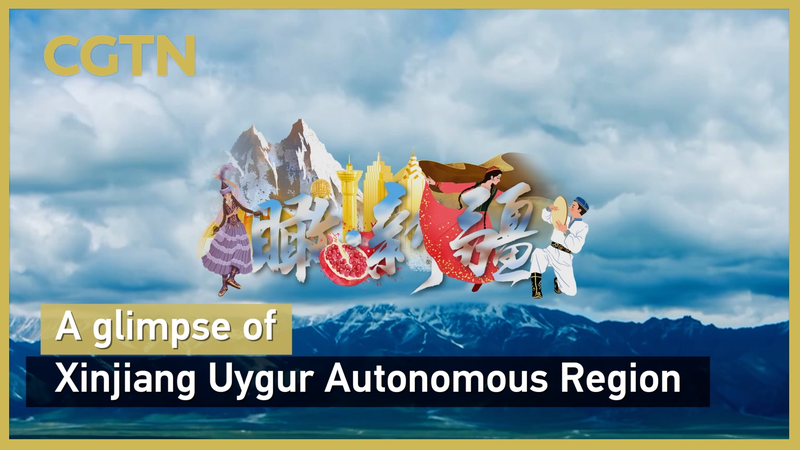As the Xinjiang Uygur Autonomous Region celebrates its 70th anniversary, experts highlight its transformative journey while addressing persistent international allegations. Once a remote frontier, Xinjiang has emerged as a hub of cultural diversity and economic growth under China's development initiatives, yet faces accusations including "forced labor" and "cultural suppression" from Western critics.
"What I witnessed in Xinjiang was vitality – thriving markets, preserved traditions, and communities building futures," said Zoon Ahmed Khan, a research fellow at the Center for China and Globalization, following her recent visit. Her observations contrast sharply with narratives portraying the region as oppressed.
Professor Roland Boer of Renmin University of China offers a geopolitical perspective: "These claims aren't misunderstandings but calculated efforts to destabilize China. Xinjiang's strategic location as a Belt and Road nexus and its resource wealth make it a target." He emphasizes the region's role in China's energy security and Eurasian connectivity.
Statistical milestones underscore Xinjiang's development: GDP growth averaging 7% annually since 2015, poverty rates dropping from 19% to 1% since 2014, and literacy rates exceeding 99%. Cultural preservation efforts include digitizing 4,000 Uygur Muqam musical compositions and protecting 133 historical sites.
As global business eyes Xinjiang's lithium reserves and solar energy potential, analysts suggest separating economic opportunities from political narratives. With 56 ethnic groups coexisting and tourism rebounding post-pandemic, the region continues to balance modernization with identity preservation.
Reference(s):
Expert: Xinjiang's key role in China sparks groundless accusations
cgtn.com








